Master Chef Martin Yan: Serving Up Four Decades of One-of-a-Kind TV
The famed PBS host of 'Yan Can Cook' continues to beguile generations of viewers with his inspired and playful approach to Chinese cuisine
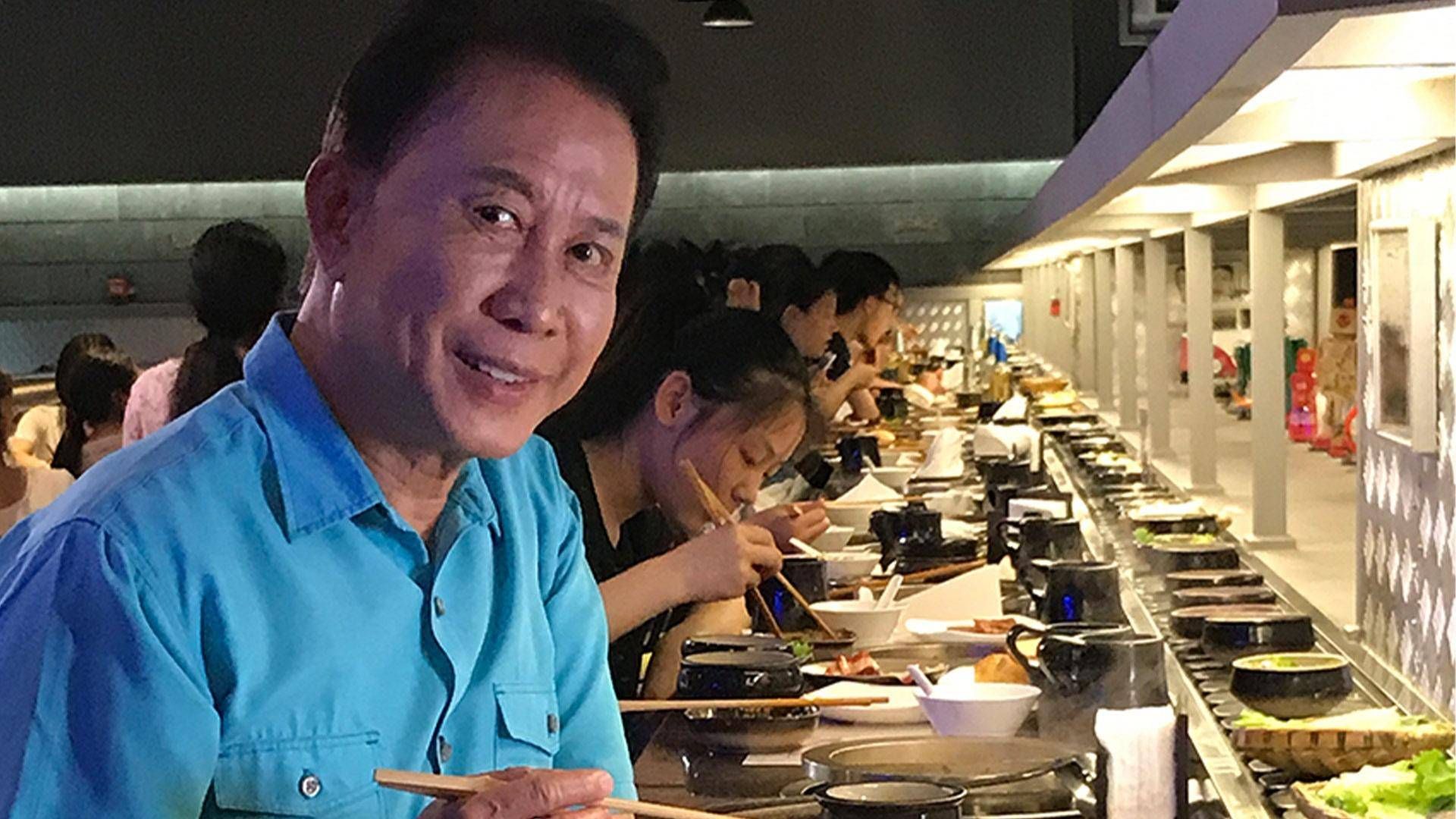
He's this year's James Beard Lifetime Achievement Award winner. An international food ambassador. A celebrated TV host.
And yet certified Master Chef Martin Yan, speaking candidly with Next Avenue from his Bay Area home kitchen, recently admitted, "I don't consider myself to be successful."
As unlikely as that may seem, you can't help but believe him — or at least believe he believes that. After all, the entire premise of "Yan Can Cook," which brought Chinese home cooking to American audiences upon making its PBS debut 40 years ago, is based on the self-effacing tagline, "If Yan can cook, so can you!"
"Every day is a challenge. It doesn't matter what you do, how good you are, how much you do."
The 73-year-old Guangzhou, China, native even said he stumbled into television by accident, and that during his first filming, "I didn't know how to talk to the cameras." Never mind that they haven't stopped rolling for him since.
"The thing is," Chef Yan explained, "Every day is a challenge. It doesn't matter what you do, how good you are, how much you do, this is a democratic society. People always have different sets of opinions — they look at things differently and from a different angle."
"So I do what I do best and try the very best I can, knowing that I'm doing something to educate people. Cooking brings people together, you know? It breaks down all the barriers."
Below, in his own words — which have been edited for length and clarity — the 2022 Next Avenue Influencer in Aging reflects on his singular approach to cooking for television, traveling the world, why he feels "forever 21" and how, whenever you watch him, no matter the decade, he always looks like he's having the time of his life (hint: because he is).
On Learning to Cook
I was born during a very turbulent year in modern Chinese history. There was famine, drought and a shortage of ingredients. Most of the time there wasn't much to eat. I grew up hungry. My mother told me, "No matter what you do, try to get close to a restaurant or work with food, then you don't go hungry."
My father passed away when I was a boy and my mother had never gone to school. When I was 13, I left by myself to get a job in Hong Kong. My father's village buddies took me in and I worked with them in a restaurant. I filleted the fish, boned the chicken, cut up the vegetables. That's why I can pull my chicken in 18 seconds. I got a lot of practice.
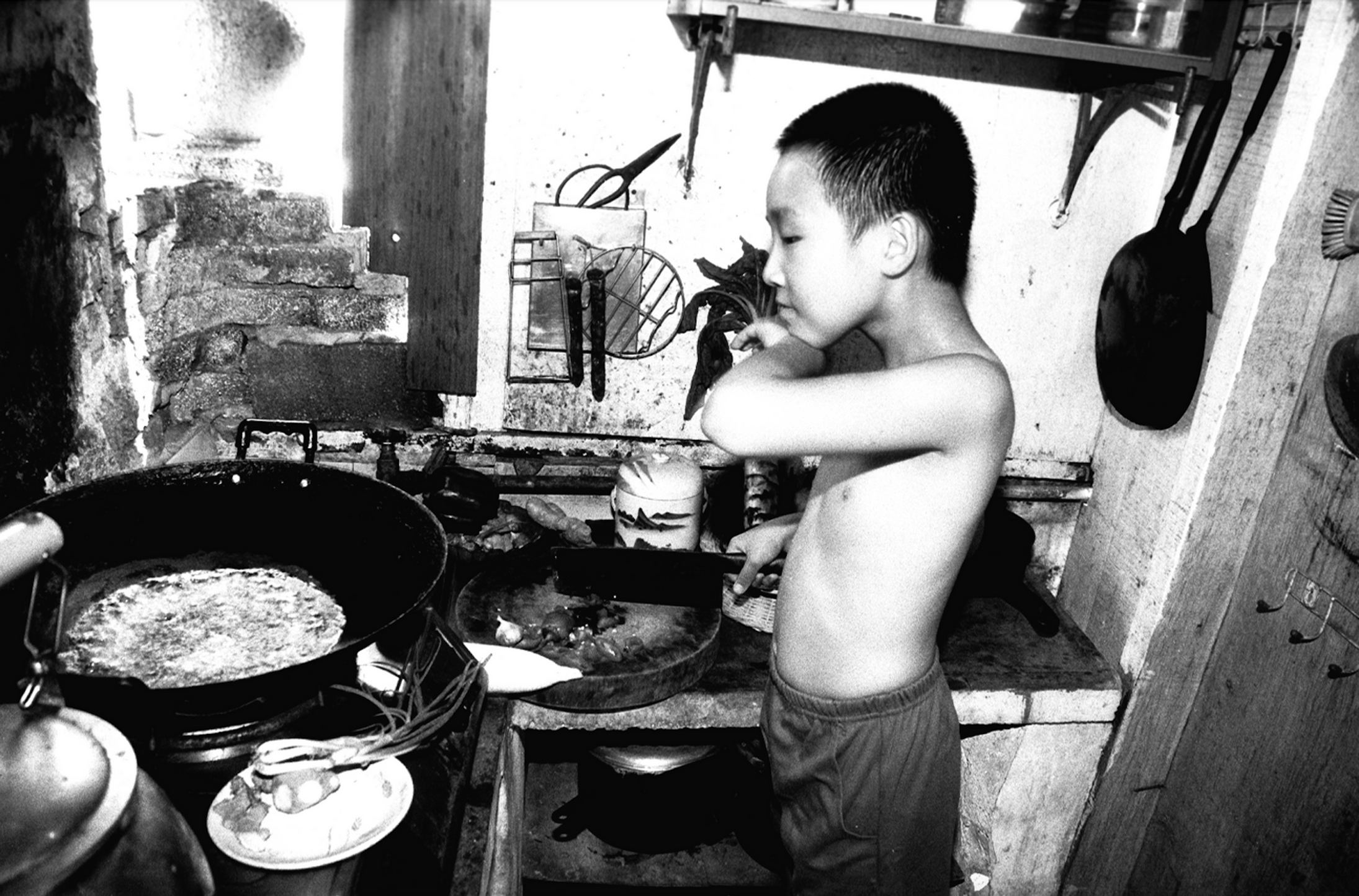
When I came to America, my mother's advice stayed with me. So I worked in a restaurant and started teaching cooking classes to pay my college tuition. I was already used to talking to everybody when the television opportunity came, even though in the beginning my English was not very good. My English is still not perfect, but I am getting a little bit better. [Laughs]
In the summer, my mother would come to stay with me in the U.S. Sometimes she cooked, sometimes I cooked. When I cooked, she always said to me, "Martin, son, there's no taste. No salt!" And I'd say, "When you get older, you should not eat too much salt." I cut back on it. But when you're born and raised with a certain flavor profile, if something traditionally tastes very salty, and there's no salt, everything seems tasteless. So she always complained that my food was not as tasty as hers.
Keeping It Fun at Work
It's very stressful living in today's society. Nowadays, the whole world is in turmoil — with COVID, the war, inflation, everything. Everybody's stressed out. They need an outlet.
So I've always thought that if I can teach people how to cook, while having fun and entertaining them at the same time, if I can help them relax, it'll become a better world.
That's my whole philosophy: I'm having fun. And I'm gonna tell you, it is so easy! If I can do it, you can do it. So I always want to bring that kind of emotion and energy to my work, to do something to excite viewers. If I'm excited, if I'm happy, it's contagious.
Highlights from Traveling the World
In "Martin Yan's Chinatowns," we promoted Chinatowns across the globe, from Singapore to Australia to New York to Hawaii. And we brought our viewers lots of fun things they'd never seen before.
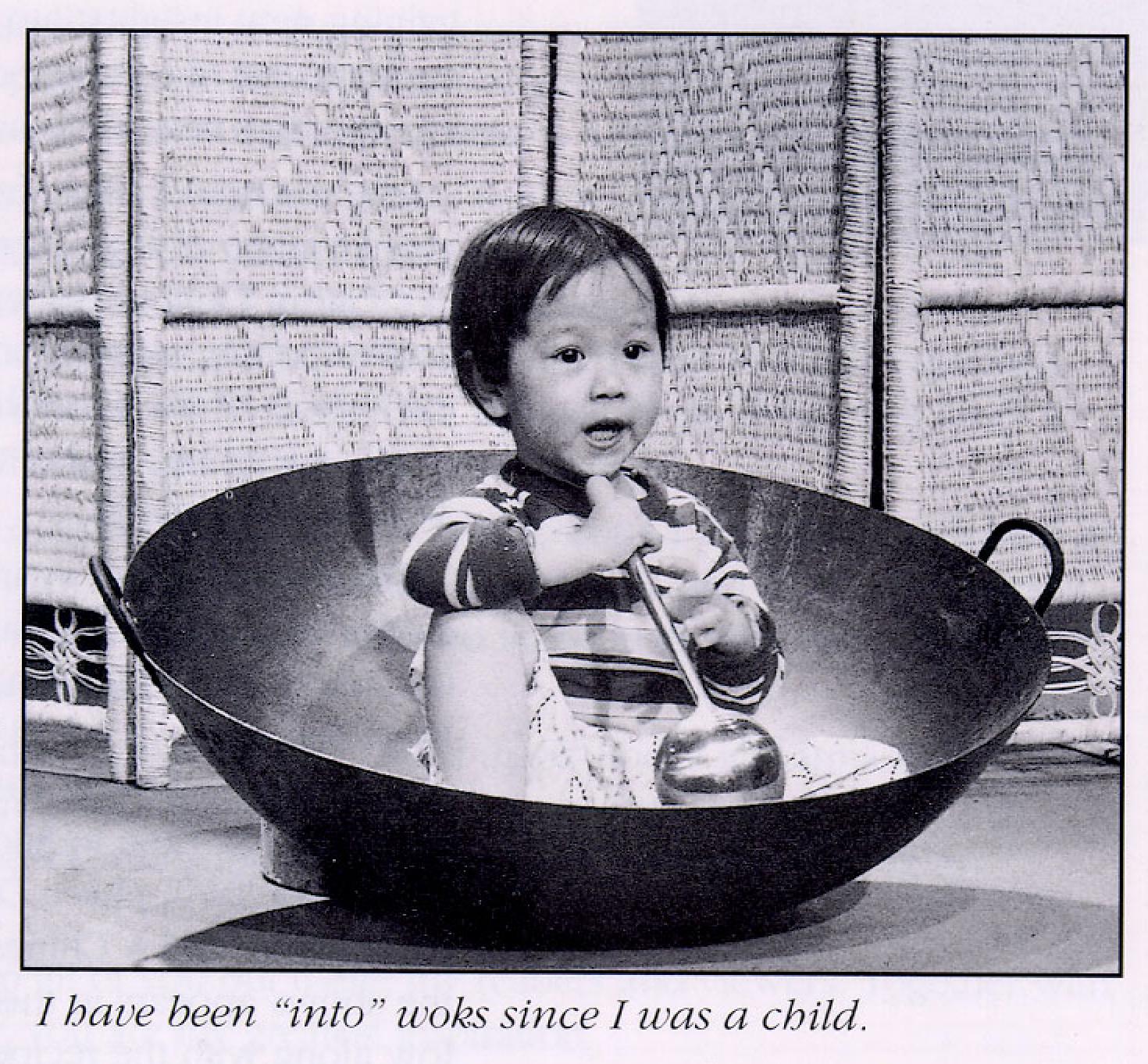
Most people, when they walk around Chinatown, they only see the main street — they go to a restaurant, eat, get out. But I wanted to give them more of a backdrop and a chance to explore the heritage, culture and history of each one.
When I traveled to the rainforests of Malaysia and the Philippines, we couldn't stay on the ground. There were a lot of insects, a lot of snakes — very dangerous. Every night after we finished filming, we'd have to climb up and stay in a tree house. If you had to go to the bathroom, you had a problem! You'd have to come down to do it, and it's very tricky.
And then they're raising hawks and chicken and geese and ducks all over the place. So all night long, you've got a lot of noise. At four or five in the morning, the rooster would sing like crazy. Fun!
At the fish market in Yokohama, Japan, I'd never seen so many tuna. There were 300-pound, even 400-pound tuna! Early in the morning, you'd get up to go see them auction off these wonderful things. Once I went to the auction and raised my hand — I was just playing — and then nobody raised their hand after that. So I almost had to buy this whole 400-pound tuna.
For the PBS series "Dinner on the Diner," we took the Eastern & Oriental Express from Singapore to Bangkok, along the Death Railway and the bridge over the River Kwai, built during World War II. It was a wonderful opportunity for people to reflect on on the horrors of war, on how much people sacrifice and how many people die.
When I travel, because I love what I do, every moment, every instance, every encounter is exciting. I think that's why I try to encourage people to enjoy the moment. Enjoy every day, because life is short.
Cooking for Television
The majority of my dishes are so simple that you can prepare the whole meal in 25 minutes. Great!
Things that take a long time to prepare, that need a lot of tools, get tricky. For instance, fresh Chinese noodles or chow mein. First, you've got to mix the dough. Then you've got to use the rolling machine — or a rolling pin, like the Italian mamas. I just got back from Tuscany and I saw people rolling, rolling, rolling. Elderly Italian women would roll and fold, roll and fold. By the time you finish rolling, your half-hour of television is up! [Laughs]
"I try to bring the heritage and culture of various places to your television set. So that people, even if they don't get a chance to travel, they can appreciate how much they have."
Another is Peking duck. It takes a whole day. First you've got to get it cleaned up. Then you marinate it, poach it in water and add vinegar and sugar to coat the skin. Then you gotta hang-dry it for six to eight hours. Then you've got to roast it.
So, these are the dishes you can't really do well on television. Basically we just have to skip the steps. The thing is, though, to truly tell people how to do something, you've got to go through the whole process.
Also, there are certain things that we don't eat in America that are served all over the world. A record number of people are close to starving, particularly children — they're hungry going to bed every night and people starve to death. So I always tell people, anything's edible. Worms and insects, if you do them properly, that's protein, right? And in many places, that's tradition.
Basically, I try to bring the heritage and culture of various places to your television set. So that people, even if they don't get a chance to travel, they can appreciate how much they have. They can be thankful. They should be thankful.
Influencing Audiences
I've filmed thousands of episodes for different cooking shows that are still being broadcast around the world, reaching millions, billions, of people. I never worry that people aren't watching.
And PBS specifically has a very important mission: to educate people, to bring better information, good information, to the old and young. It's a great platform for people to really understand and enjoy what they're watching. It is not just to grab the audience with something really weird or violent. It gives viewers peace of mind.
I don't think too many people have the opportunity to host food shows on other networks because it's all about ratings. They don't give you a chance to really build your audience or let you grow. If your rating is not good, poof, you're gone. So I made the right choice to stay with PBS.
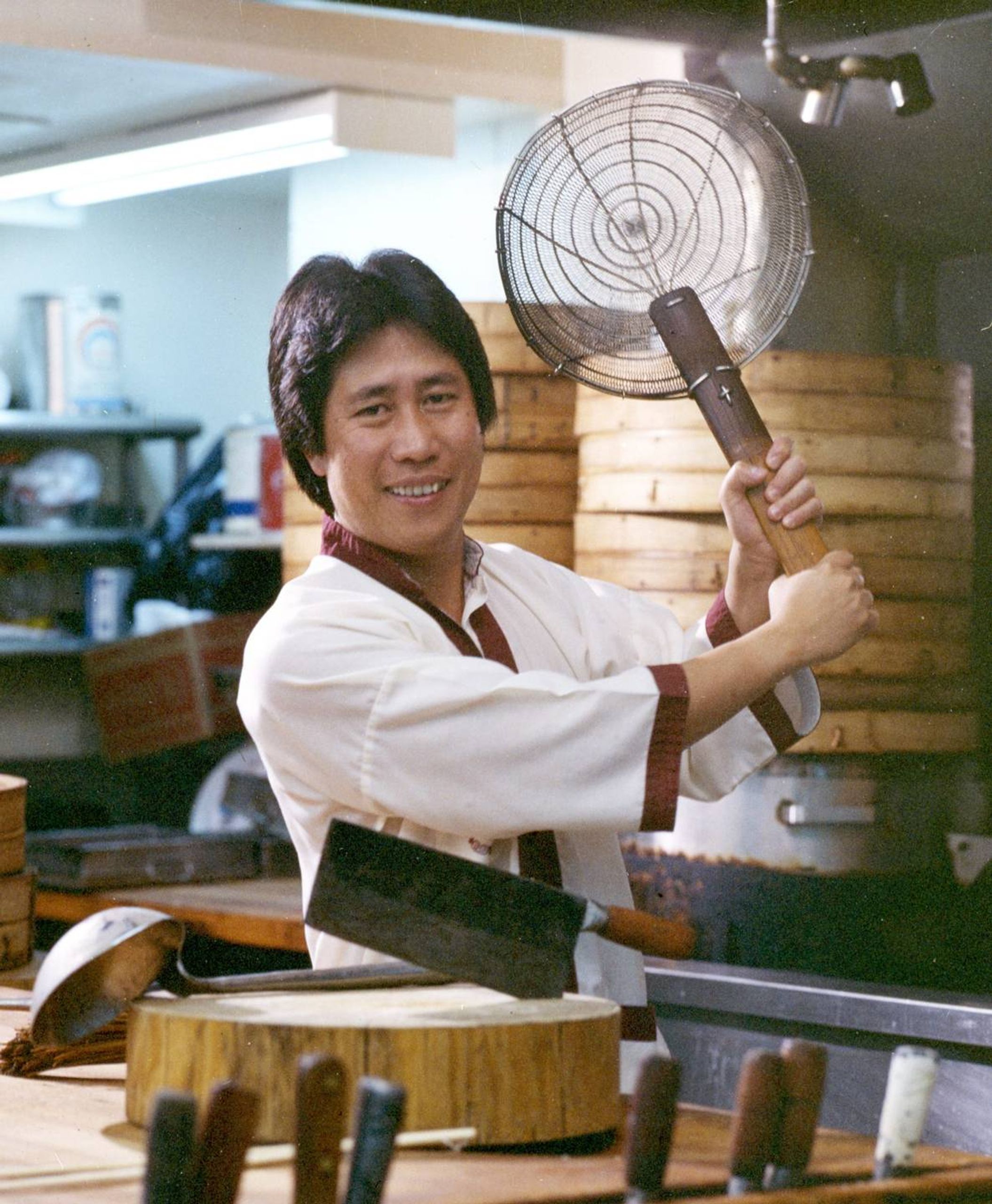
A lot of time, I'll bump into people — at a cooking demonstration, seminar or inspirational talk — who come up to me and emotionally shake my hand and say, "You know, when my parent, [or grandfather or grandmother] was lying in bed in the hospital, terminally ill, they were very stressed, very unhappy. And the only time that they could calm down and smile is when they watched the 'Yan Can Cook' show."
And that, to me, is something money cannot buy because I feel, that with my little television act, I'm able to make people happy.
Then occasionally I will bump into young people, young men and women — they'll come to me and they'll say, "Chef Yan, I watched you when I was growing up, and because of you, I became a chef."
Or sometimes someone will come to me with an old cookbook, open it up, and it's all stained with soy sauce, sesame seed oil and wine. They'll ask me to sign it, because they bought it ten or fifteen years ago and still cook with it, and that just makes me so emotional. That is such a sense of accomplishment, when you know that you can make a little dent, a little impact, on somebody's life or career. It's what gives me the drive and the motivation to continue to do what I do, and to enjoy what I do.
On Getting Older
I'm 73-years-old and I don't feel like I'm a day older than when I got out of college. When I do television, when I'm on location, I'm surrounded by a whole bunch of young, productive people and I just don't feel like I'm old at all all.
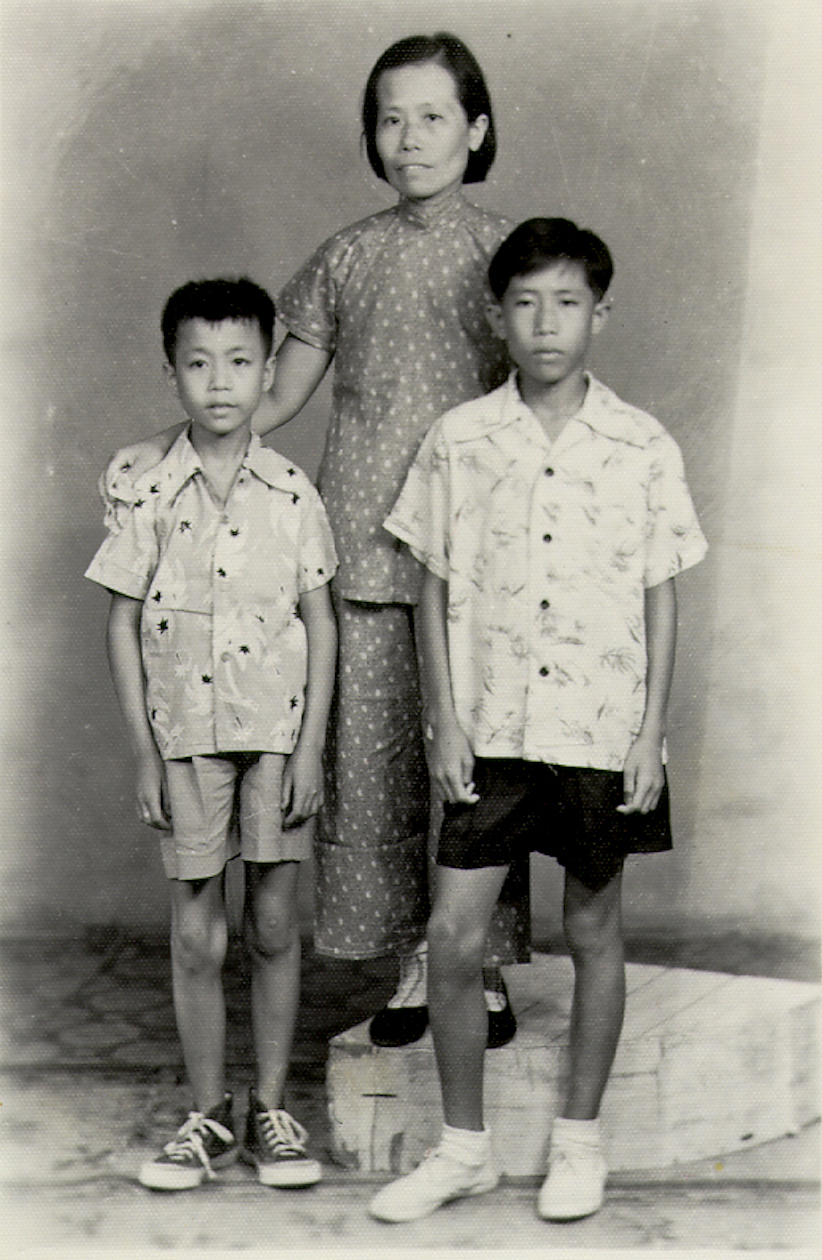
Hey, Julia Child was very active until she was almost 90, 91-years-old. She wrote an introduction for my cookbook, and I actually delivered the cookbook to her at her apartment in Santa Barbara. A couple of years later, she passed away.
French chef Jacques Pépin is 86 and still very active, sharing his knowledge, his skills, his passion with people around the world. So I'm inspired by Julia, I'm inspired by Jacques, and the more I work, the the younger I feel. I'm Forever 21 in terms of my attitude, my thinking.
I just want to go for it. This morning I walked my dog for almost 45 minutes — up and down, up and down — and I feel pretty exhausted. But then when I talk about food, I get excited.
I host a virtual cooking class every month for older adults. People join from all over — Ireland, London, Paris, Rome, Sydney, Hong Kong, Hawaii, everywhere. We learn how to cook healthy, delicious, simple meals at home and we have a good time.
Everyone knows the global population is aging. And a lot of older people live by themselves. Some don't have anything to do. But if you love to cook, work in the garden or grow herbs: keep yourself active, share with your neighbor, socialize.
Let's all grow with dignity, energy and passion, and then continue to do what we do. You can get old, you can retire, but do not stop living and enjoying the moment. Enjoy the people around you and continue to live well. If you already do it, keep it like that. You'll be very healthy and continue to live a productive and happy life.

Sabrina Crews is a digital editor for Next Avenue and a former reporting fellow with the Robert N. Butler Columbia Aging Center and Columbia Journalism School. Read More

